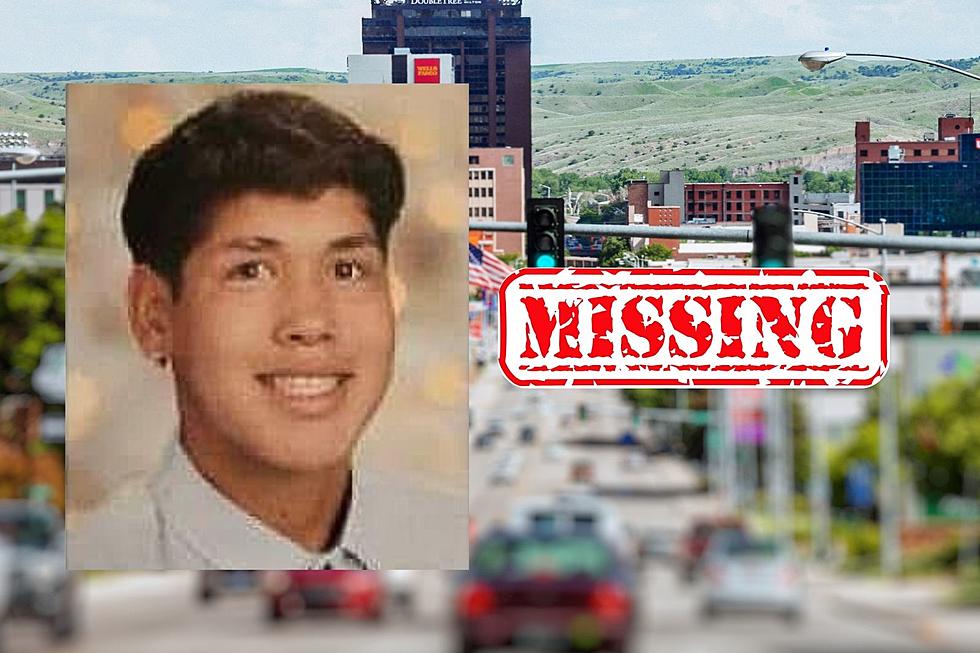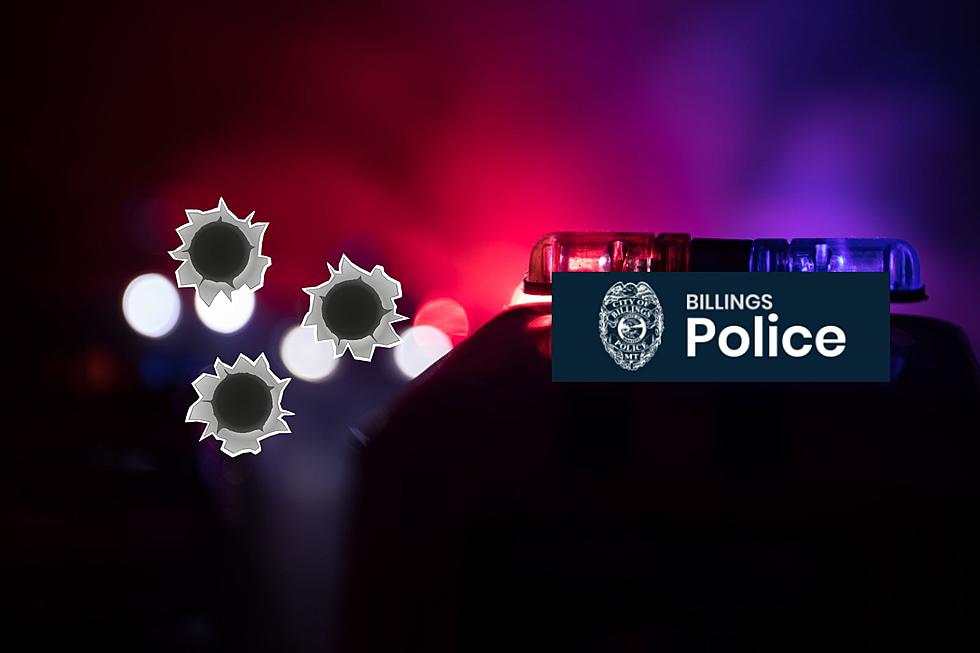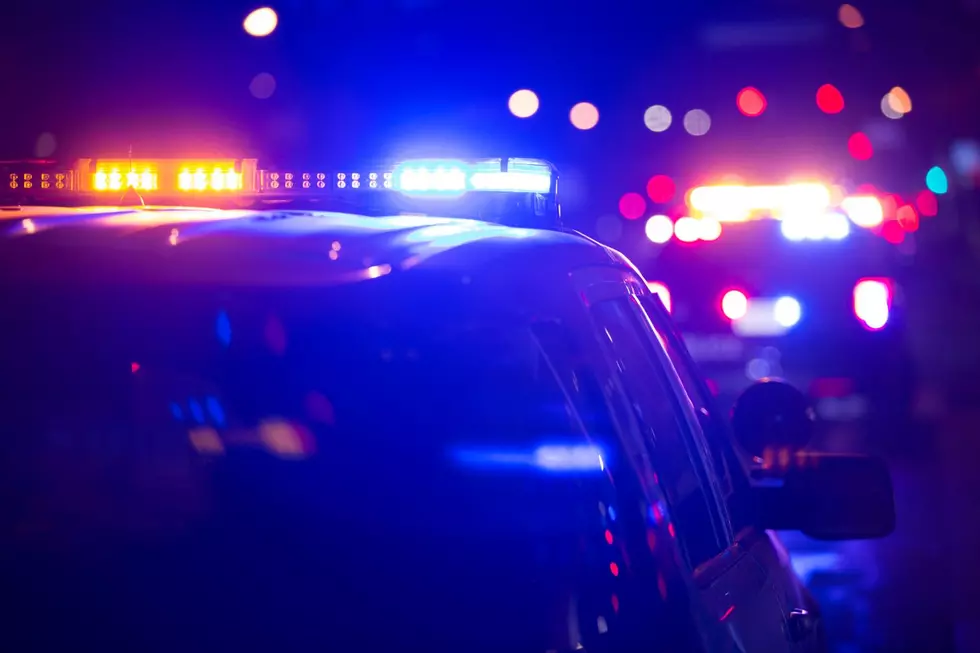
OPINION: Billings Police Dept. Should Prioritize Body Cams Now
ICYMI, on Tuesday night (2/15), a 40-year-old Billings man was behaving erratically in the street near 7th St West and Broadwater Ave. According to reports, he was waving around what appeared to be a Glock 17 handgun at bystanders and at one point allegedly aimed the weapon at a vehicle with passengers, perhaps an attempted carjacking. A BPD officer arrived on the scene, crouched behind his car door and before he could issue any commands to the suspect, the man raised his weapon.
The weapon was a pellet gun.
The office fired (eight times), killing the man. The weapon the guy was brandishing turned out to be a pellet gun replica. Nearly impossible to distinguish from the "real" thing, especially at 40 feet, in dim lighting, under a stressful situation. Most - including this author - believe the officer did the right thing and followed his training protocols. How could he possibly know it was a pellet gun? Plus, I think just about everyone understands that it's pretty dumb to ever point anything at a cop.
It's ridiculous that the BDP doesn't have always-on body cams.
I watched the press conference BPD Chief Rich St. John held the day after the officer-involved shooting and the question arose regarding the responding officer's body camera. That's when my WTF moment from this whole messy situation occurred... the cop had a body camera, but it wasn't turned on. St. John said the situation evolved in just a matter of seconds and the cop didn't have time to turn the damn thing on. I understand not turning it on in the heat of the moment, but I find it difficult to grasp how the officer didn't think, "gosh, I'm heading towards a potentially wild situation, with a man with a gun in the street... maybe I should flip my fricking camera on, this could get ugly."
Pause. Deep breath. There are already plenty of armchair quarterbacks chiming in on local social media posts, and at risk of sounding just like them, I have to ask, "Why wasn't it turned on?" An always-on body camera protects both the police and the public. It provides nearly irrefutable proof of what happens during any police/public encounter, be it a traffic stop, a foot chase, or a quickly evolving, potential standoff situation.

Body Cam Cost vs. Reward seems justifiable to me.
St John said they're reviewing the BPD's body cam protocol. He mentioned that if they recorded and saved all video from every officer's shift, they would rapidly exceed their available data storage. Some officers are still using older model body cams, he said, and there is a significant expense to upgrade the tech for everyone. The chief added that all Billings Police Department cruisers are equipped with "always-on" dash cameras, which is a great start.
For transparency, and ultimately for the protection of everyone involved in police/public encounters, the City and the Police Department must prioritize the use of officer body cameras.
LOOK: Here are the 50 best beach towns in America
More From 103.7 The Hawk









